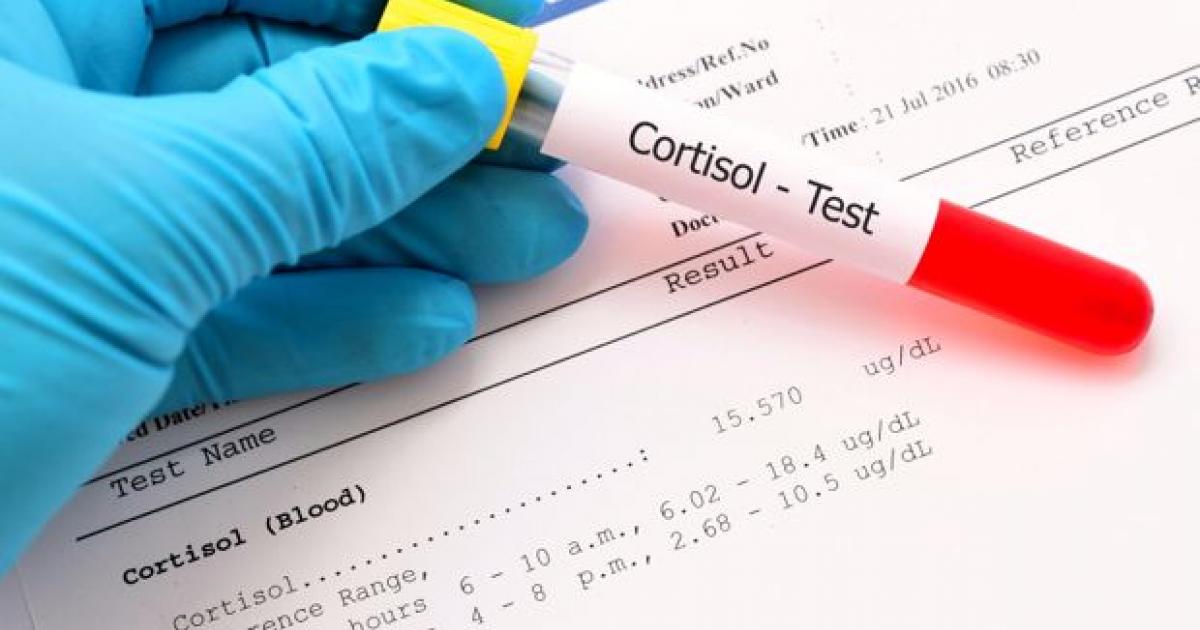What Is Prednisone?
Prednisone belongs to a class of medicines known as corticosteroids. These medications suppress the immune system and prevent the body from releasing substances that trigger inflammation. Prednisone is used in the treatment of conditions such as cancer, autoimmune diseases, severe allergies, arthritis, and breathing difficulties. Most patients take this medication by mouth, and it can be used for short and long-term therapy. Side effects are more likely to occur when prednisone is used for a long time, and taking doses higher than 7.5 milligrams per day could further increase a patient's chances of developing side effects. Since this medication can cause an upset stomach, doctors generally recommend taking it with food or milk, and the tablet form should be consumed with eight ounces of water. Patients who take a single dose of prednisone each day are often advised to take their daily dose before nine in the morning. Doctors may need to adjust a patient's prednisone dose during times when the patient is under significant stress.
The major uses, side effects, and precautions associated with prednisone are outlined below.
How It Works

Prednisone shares similarities with the glucocorticoids that occur naturally within the body. The medication imitates the action of cortisol, one of the corticosteroids produced by the body's adrenal glands. To suppress inflammation, prednisone slows and inhibits the processes responsible for producing inflammation in the body. The drug reduces the pain, redness, and swelling that can occur with inflammation. Prednisone is metabolized by the liver, and it is converted to prednisolone during this process. The medication has a half-life of two to three hours, and it is excreted in the urine after it has been fully metabolized into inactive metabolites and filtered by the kidneys.
Get familiar with the uses for prednisone next.
Uses For Prednisone

Prednisone helps patients manage swelling and pain caused by arthritis, and it is also used for treating lupus, severe psoriasis, ulcerative colitis, asthma, and Crohn's disease. Patients with bronchitis may benefit from taking this medicine, and it could be considered as a treatment option for individuals with autoimmune hemolytic anemia or idiopathic thrombocytopenic purpura. Prednisone is often recommended as part of palliative support for leukemia or lymphoma patients, and it is used to prevent organ rejection in those who have had organ transplants. The medicine may be prescribed as a form of replacement therapy for patients who have adrenal gland problems that prevent the body from making sufficient amounts of cortisol on its own.
Discover the side effects of prednisone next.
Side Effects

Commonly reported side effects of prednisone include changes in mood, weight gain, increased appetite, insomnia, and headaches. Patients taking this medicine have also experienced dizziness, stomach pain, bloating, and increased sweating. Skin changes such as thinning skin, easy bruising, skin discoloration, dry skin, and acne might develop, and some individuals have observed changes in the distribution of their body fat. For example, patients may notice they have more body fat in their arms, legs, face, neck, waist, or breasts than they did before beginning treatment with prednisone. Patients should discuss any worrying side effects with their physician.
In addition to these common side effects, potentially serious side effects could develop while on prednisone. The drug may cause swelling, rapid weight gain, and shortness of breath, and patients have also reported blurry vision, seeing halos around lights, and eye pain. The medication could trigger dangerous elevations in blood pressure, and patients who have this could notice chest pain, tinnitus, shortness of breath, or an irregular heartbeat. Patients could observe blood in their stools while on prednisone, and the stools could have the appearance of tar. Some individuals have coughed up blood during prednisone treatment. Severe depression has been reported by patients who take this medicine, and individuals might display personality changes as well. Some patients report feelings of extreme happiness with prednisone use, and others report extreme sadness. Seizures have occurred in patients who take this medicine, and the drug may cause low potassium and pancreatitis. Patients who experience a rapid heart rate, irregular heartbeat, extreme thirst, muscle weakness, or severe pain in the upper abdomen while using prednisone should seek urgent medical care.
Discover precautions to remember when taking prednisone next.
Precautions To Remember

Patients should go over their full medical history with their doctor to ensure prednisone is safe for their needs. In particular, the doctor will need to know about any history of cardiovascular disease, mental health conditions, eye problems, gastrointestinal issues, or bone concerns, as patients with these conditions may need to take another drug or be monitored more closely if prednisone is prescribed. Like other corticosteroids, prednisone may cause patients to retain both fluid and salt, and this retention could trigger increases in blood pressure, calcium excretion, and potassium excretion. Patients may need to have their blood pressure monitored at follow-up appointments, and lab tests might be recommended to check calcium and potassium levels regularly. To reduce the risk of gastrointestinal side effects, doctors advise patients to avoid alcohol consumption during prednisone use. This medication could impact growth and development in pediatric patients if it is used for a prolonged period, and doctors will need to closely monitor the child throughout their treatment. Patients who intend to receive a vaccine while on prednisone should speak with their doctor before doing so. Individuals who take high doses of prednisone may need to delay receiving any live or live-attenuated vaccines for several months after prednisone is discontinued.
Read about the potential medication interactions with prednisone next.
Potential Medication Interactions

Prednisone can interact with barbiturates such as amobarbital and pentobarbital, and it interacts with some types of diuretics, including furosemide, bumetanide, and torsemide as well. Patients with diabetes should be aware prednisone could interfere with insulin and some of the other injectable medicines used in the treatment of this condition, and the drug also interacts with estrogens found in hormone replacement therapy and birth control pills. Prednisone is known to interact with over-the-counter pain relievers and non-steroidal anti-inflammatories, including ibuprofen and naproxen. It also interacts with the anti-inflammatories diclofenac, indomethacin, and ketoprofen. Individuals who take acetylsalicylic acid (Aspirin) or other salicylates such as choline magnesium trisalicylate should check with their healthcare team about potential interactions with prednisone.